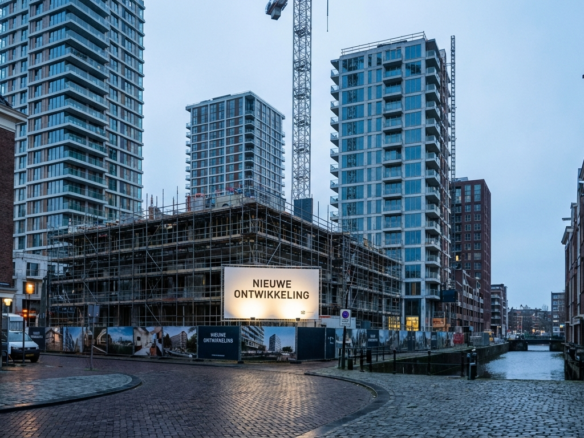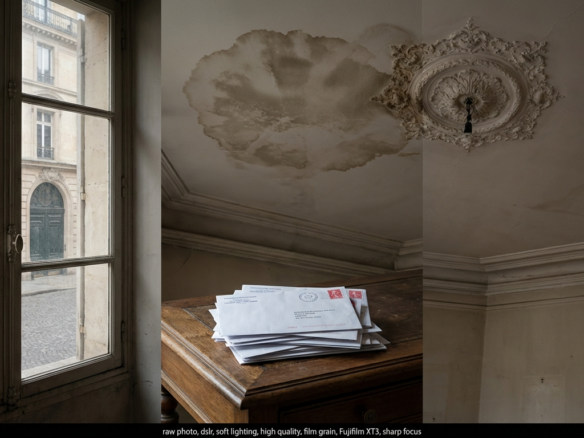Spain continues to attract property buyers from around the world, offering everything from sun-soaked coastal apartments to charming rural retreats. Whether you’re seeking a vacation home, retirement property, or investment opportunity, the Spanish real estate market presents numerous possibilities for international buyers. However, purchasing property in Spain involves specific processes and considerations that differ significantly from other countries. Understanding these unique aspects before making your investment can save you time, money, and potential legal complications down the road.
Get 50% OFF!
Subscribe to our newsletter and enjoy a 50% discount on all listing packages, no strings attached!

Four Essential Tips for Buying Property in Spain
Buying property in Spain can be an exciting and rewarding experience, but it requires careful planning and preparation. The Spanish property market offers diverse opportunities, from beachfront condos in the Costa del Sol to historic townhouses in Barcelona, making it essential to approach your purchase with the right knowledge and strategy.
Success in the Spanish property market depends largely on understanding local customs, legal requirements, and market conditions. Foreign buyers who take time to research and prepare thoroughly often find better deals and avoid common pitfalls that can complicate their property purchase. These four essential tips will guide you through the most critical aspects of buying property in Spain, ensuring you make informed decisions throughout the process.
Understanding Spanish Property Laws and Regulations
Spanish property law operates under a civil law system that differs significantly from common law systems found in countries like the UK or Ireland. Property ownership in Spain is generally straightforward, but buyers must navigate specific legal requirements including obtaining a NIE (Número de Identificación de Extranjero), which is mandatory for all property transactions involving non-Spanish residents.
The conveyancing process in Spain typically involves several key stages: preliminary contract (contrato de arras), property searches, mortgage arrangements if needed, and the final deed signing (escritura pública) before a notary. Spanish law requires all property transactions to be registered with the Land Registry (Registro de la Propiedad), and buyers should ensure their property has clear title and no outstanding debts or charges. Understanding these legal frameworks helps prevent delays and ensures your property purchase proceeds smoothly through each required step.
Choosing the Right Location for Your Investment
Location selection in Spain involves more than just choosing between coastal and inland properties. Each region offers distinct advantages: Andalusia provides year-round sunshine and lower property prices, while Catalonia offers cultural richness and strong rental potential. Consider factors such as proximity to airports, healthcare facilities, shopping centers, and transport links when evaluating potential locations.
Market conditions vary significantly between Spanish regions, with some areas experiencing steady appreciation while others remain more volatile. Research local property trends, planned infrastructure developments, and tourism patterns that could affect future property values. Coastal areas like the Costa Brava and Costa del Sol typically maintain strong international appeal, while inland cities such as Madrid and Seville offer different investment profiles with potentially higher rental yields and year-round occupancy rates.
Navigating Financing Options for Foreign Buyers
Spanish banks generally offer mortgages to foreign buyers, though requirements and terms differ from domestic lending practices. Non-resident buyers can typically secure financing for up to 70% of the property value, while residents may qualify for up to 80% financing. Banks will require proof of income, employment stability, and existing debt obligations, with the application process often taking 4-6 weeks to complete.
Alternative financing options include international mortgage brokers who specialize in Spanish property purchases, developer financing for new construction projects, and private lending arrangements. Interest rates and fees vary between lenders, making it worthwhile to compare multiple options before committing. Some buyers choose to secure mortgage pre-approval before house hunting, which can strengthen their negotiating position and streamline the purchase process once they identify their preferred property.
Working with Local Experts and Legal Advisors
Engaging qualified local professionals is crucial for navigating the Spanish property market successfully. A competent lawyer (abogado) who specializes in property law can review contracts, conduct due diligence searches, and ensure all legal requirements are met throughout the transaction. Many buyers also benefit from working with independent surveyors who can assess property condition and identify potential structural or maintenance issues.
Tax advisors familiar with Spanish property taxation can help optimize your purchase structure and ongoing tax obligations. Property taxes in Spain include transfer tax (Impuesto de Transmisiones Patrimoniales) for resale properties or VAT plus stamp duty for new builds, plus annual property taxes and potential capital gains considerations for future sales. Local professionals can also provide valuable insights into neighborhood dynamics, market timing, and negotiation strategies that may not be apparent to international buyers unfamiliar with Spanish real estate customs.
Purchasing property in Spain offers tremendous opportunities for international buyers willing to invest time in proper preparation and research. By understanding local laws, choosing locations strategically, securing appropriate financing, and working with qualified professionals, you can navigate the Spanish property market with confidence. Remember that successful property purchases in Spain result from careful planning, thorough due diligence, and patience throughout the process. Take time to visit potential areas multiple times, understand all associated costs, and ensure your chosen property aligns with your long-term goals and financial situation. With the right approach and expert guidance, your Spanish property purchase can provide years of enjoyment and potentially strong returns on your investment.





Join The Discussion